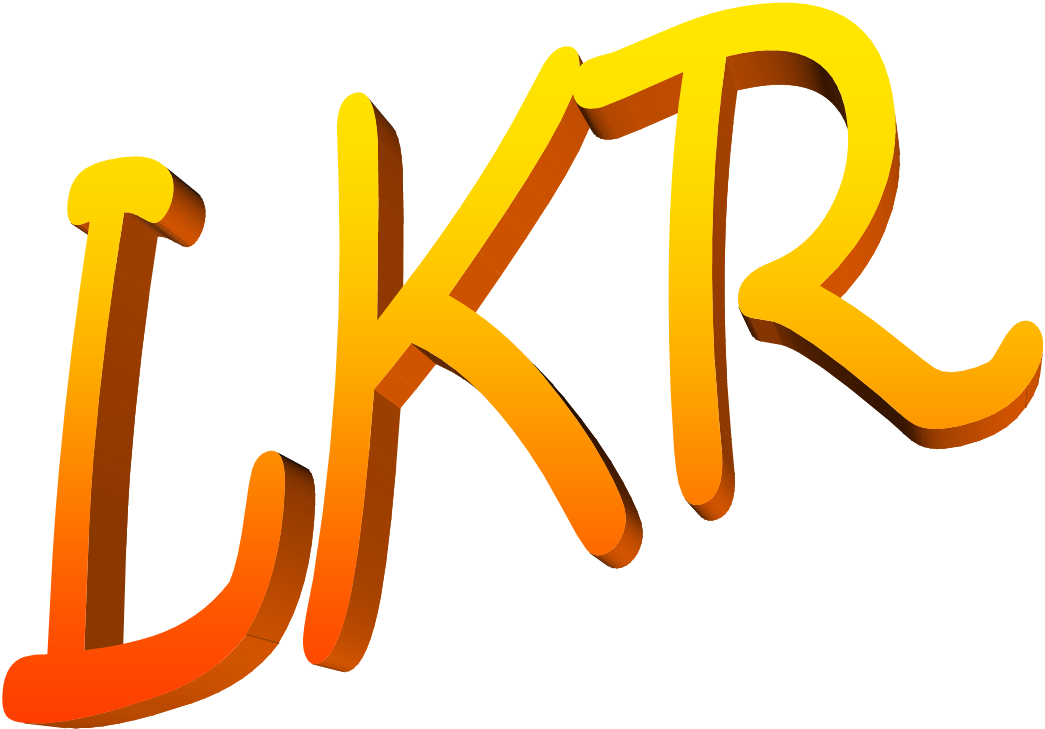Options d’inscription

The future of Artificial Intelligence requires to think beyond massive
data processing. Future intelligent systems will be able to process
structures and symbolic data.
The SD206 module (Logic and knowledge representation) is an introduction to symbolic AI.
It will introduce the Prolog programming language and fundamental
notions of symbolic AI related to problem solving, formal Logic,
symbolic machine learning, knowledge representation, natural language
processing and Complexity.
Prolog is a unique language. It is a declarative language. With Prolog, problems are addressed in terms of constraints rather than in terms of procedures. Programmers ideally provide knowledge to the machine, which then takes over the solving job. Prolog is the best opportunity to study fundamental notions of Computer Science, such as recursivity, declarativity, unification and backtracking. Prolog has been invented to address symbolic AI problems: knowledge processing, natural language processing, reasoning. Its principles are used in ontologies, in unification grammars and in constraint programming.
Topics presented in SD206 belong to the symbolic branch of AI, which rely on the use of structures and Logic. They will be taken from the following list:
- Prolog (recursivity, backtracking, unification)
- Forma Logic (propositions, predicates, proof by refutation)
- Natural language processing (DCG, parsing through unification)
- Symbolic machine learning (symbolic induction, complexity minimum)
- Knowledge representation (description logics, ontologies, semantic Web)
- Problem solving
SD206 is part of the ‘Data Science’ track in Telecom ParisTech.
It finds a natural follow-up in SD213 (Symbolic Natural Language Processing, SNLP).
- Enseignant: Jean-Louis Dessalles
- Enseignant: Etienne Houzé
- Enseignant: Julien Panis Lie